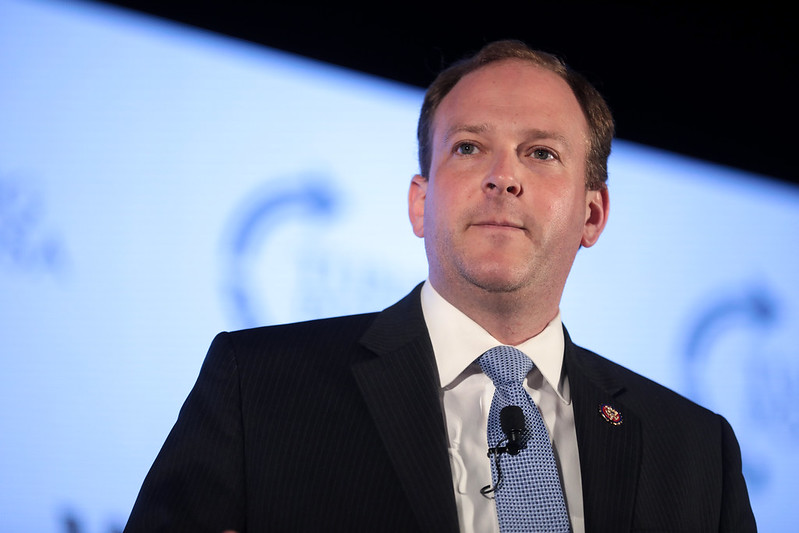By Alex Kirby for Climate News Network
Nations which pride themselves on their zeal in tackling climate change by cutting carbon dioxide emissions as they have promised, the so-called “climate progressives”, are a long way from living up to their promises, scientists say.
They say the annual rate that emissions are expected to be cut is less than half of that needed, and suggest the UK should reduce them by 10 percent each year, starting this year. It also needs to achieve a fully zero-carbon energy system by around 2035, they say, not 2050 as UK law requires.
The study was led by Kevin Anderson from the University of Manchester, and is published in the journal Climate Policy.
Research focusing on the United Kingdom and Sweden concluded that despite both countries claiming to have world-leading climate legislation, their planned reductions in emissions will still be two to three times greater than their fair share of a global carbon budget which complies with the Paris Agreement on climate change.
Under the Agreement, reached in Paris in 2015, 195 countries accepted a commitment to reduce emissions in line with holding the increase in global temperature above historic levels to “well below 2°C and to pursue 1.5°C.”
Like what you’re reading? Support DeSmog by becoming a patron today!
Global modelling studies, the researchers say, have repeatedly concluded that such commitments can be delivered through national governments making adjustments to contemporary society, mainly based on price mechanisms to drive technical change.
But as emissions of greenhouse gases have continued to rise, these models have come to rely increasingly on the extensive deployment of what the authors judiciously call “highly speculative negative emissions technologies” (NETs), often known under the umbrella title of carbon capture and storage (CCS), or carbon sequestration.
That may prove necessary, although many experts harbour doubts and are not convinced NETs can cut emissions fast enough, even assuming they work on the scale needed.
Professor Anderson said the study showed how experts had underestimated the difficulty of tackling the climate crisis: “Academics have done an excellent job in understanding and communicating climate science, but the same cannot be said in relation to reducing emissions.
“Here we have collectively denied the necessary scale of mitigation, running scared of calling for fundamental changes to both our energy system and the lifestyles of high-energy users. Our paper brings this failure into sharp focus.”
Misleading belief
The research team of climate scientists asked how close the UK and Sweden are to meeting the UN’s climate commitments if the “safe” quantity of emissions, the global carbon budget, is shared fairly between “developing” and “developed” countries.
John Broderick, a co-author from the UK’s Tyndall Centre for Climate Change Research, said: “This work makes clear just how important issues of fairness are when dividing the global carbon budget between wealthier and poorer nations.
“It also draws attention to how a belief in the delivery of untested technologies has undermined the depth of mitigation required today.”
Isak Stoddard, the Swedish author of the paper, said: “Our conservative analysis demonstrates just how far removed the rhetoric on climate change is from our Paris-compliant carbon budgets.
“For almost two decades we have deluded ourselves that ongoing small adjustments to business as usual will deliver a timely zero-carbon future for our children.”
Image © Jervis Sundays/Kenya Red Cross Society, via Climate Visuals.
Subscribe to our newsletter
Stay up to date with DeSmog news and alerts







